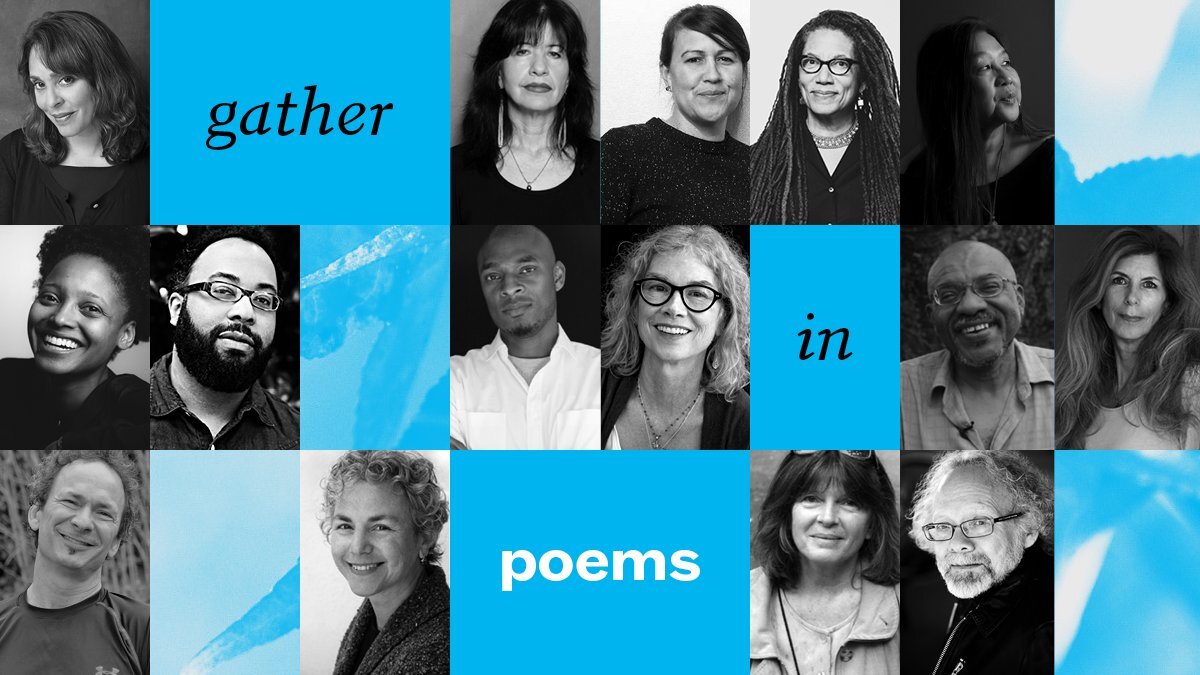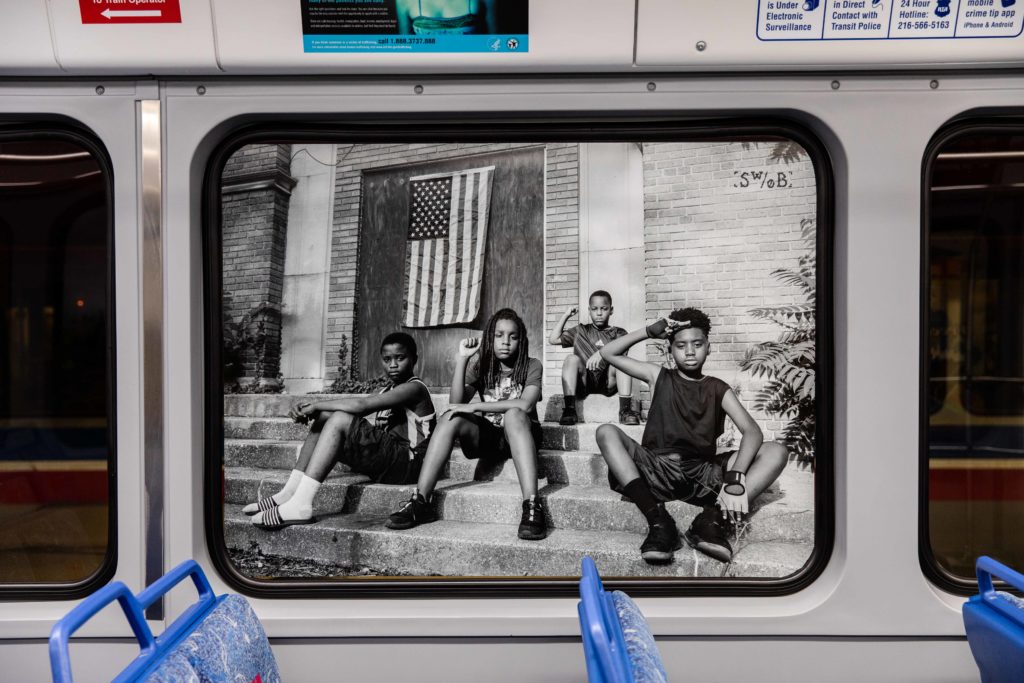Pull up a chair at Case Western Reserve University’s new reading seminar for a hearty discussion of four Anisfield-Wolf award-winning books, covering everything from the modern, urban Native experience to the consequences of political upheaval in Chile.
Organizers invite you to explore four Anisfield-Wolf award winning books:
- “There There” by Tommy Orange (2019, fiction) — January 23
Orange, an enrolled member of the Cheyenne and Arapaho nations, launched his literary career with :”There There,” a layered, multi generational journey of 12 Native American characters who converge on a fictional powwow at the Oakland Coliseum. “Markedly, there’s so much joy [from Native communities] in feeling like they’re in a book, in a way that feels like ‘now,’ like it hasn’t been represented enough.” Orange said during a recent stop in Cleveland. - “Amazing Grace: The Lives of Children and the Conscience of a Nation” by Jonathan Kozol (1996, nonfiction) — February 20
In “Amazing Grace,” Kozol examines the living conditions of poor children in the South Bronx, giving residents in his 300-page treatise space to discuss AIDS, drug addiction, prostitution, crime, dismal education systems, white flight and more. - “Bunk: The Rise of Hoaxes, Humbug, Plagiarists, Phonies, Post-Facts, and Fake News” by Kevin Young (2018, nonfiction) — March 19
“Bunk” spans nearly 200 years of fraudulent behavior, from the cruel spectacles of showman P.T. Barnum to modern day racist birther movement. Young, the current director of the Schomburg Center in New York, spent six years researching the book. - “The House of the Spirits” by Isabel Allende (2017, fiction) — April 16
What began as a letter to Allende’s 100-year-old grandfather became “The House of the Spirits,” her debut novel that led to a career tally of more than 67 million copies sold. The story follows four generations of the Trueba family through political upheaval in Chile, Allende’s home.
Colette Ngana, a doctoral student in sociology, said the choice to begin with “There There” was an intentional one.
“I don’t think we highlight indigenous writers often enough,” Ngana said. “[There There] allows us to learn more about the historical perspective. If you didn’t know about the occupation of Alcatraz, for example, the book pushes you to look into indigenous history. What does that mean for our perspectives in resistance movements of the indigenous experience?”
Facilitators will provide historical and political context on the books, while participants are invited to discuss the larger themes these books present.
The reading seminar is open to the community, with organizers hoping for a mixture of students, staff and Cleveland-area residents to attend. “Often we don’t have many opportunities for people in the community to feel integrated into academic life,” Ngana said. “[This first seminar] will be a test to see who comes. We want everybody to feel welcome.”
The first session will be held Thursday, January 23 from 4 to 5:15 p.m. in the Kelvin Smith Library’s Dampeer Room, 11055 Euclid Avenue. Light refreshments will be served. For more information, contact Lisa Kollins at lbk24@case.edu.



